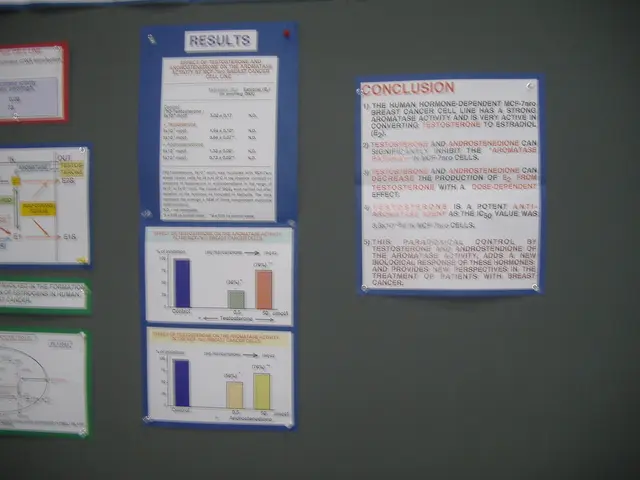Unveiling the Genetic Blueprint of Vegetarianism: Decoding the Genetic Foundations of a Plant-Based Diet
New Research Links Genetics to Vegetarianism
A series of recent scientific studies have uncovered intriguing connections between our genetic makeup and the decision to follow a vegetarian diet. Genes influencing lipid metabolism and brain function have been highlighted as potential factors affecting dietary choices.
The popularity of vegetarianism has surged in recent years, with individuals embracing this lifestyle driven by various factors such as environmental concerns, ethical considerations, and health benefits. However, maintaining a vegetarian diet can prove challenging for some. The reasons behind this struggle may now have a genetic explanation.
New research by scientists at Northwestern University and the UK Biobank suggests that specific genetic variants could be linked to a preference for a vegetarian diet. Their study analyzed the DNA of thousands of participants, comparing strict vegetarians and carnivores, to identify any genetic differences between the two groups.
Two key genes implicated in the study are NPC1 and RMC1, which play crucial roles in cholesterol transport and metabolism. The research team found that these genes were more prevalent among vegetarians, indicating that those with these genetic variations might find it easier to adhere to a plant-based diet due to efficient fat metabolism.
To fully comprehend the link between lipid metabolism and vegetarianism, it's important to understand the role that fats play in our diet. While animal-based foods and plant-based foods contain significantly different compositions of fats, the presence of particular fat molecules absent in plant-based foods could be a reason some people gravitate towards vegetarianism.
Moreover, genetic variants may also influence taste preferences, which could help explain why certain individuals find the taste of meat less appealing, making it easier for them to opt for a vegetarian diet. Although the relationship between these genetic variations and taste preferences requires further exploration, the findings offer valuable insights into the complex relationship between our genes and food choices.
The elucidation of genetic variants linked to vegetarianism opens new avenues for personalized nutrition. Genetic testing combined with dietary advice can help individuals make informed choices about their diet, providing them with information regarding their fat metabolism abilities, taste preferences, and overall compatibility with a vegetarian diet.
However, it's essential to remember that genetics does not hold the sole sway over dietary choices. Environmental, cultural, and personal factors equally play a vital role in shaping our dietary preferences. While some people may have a genetic predisposition towards vegetarianism, others may face challenges due to a variety of factors. Accepting diversity and respecting individual dietary choices is crucial.
The new discoveries of genetic links to vegetarianism have practical implications for both individuals and healthcare professionals. By understanding one's genetic profile, individuals can make more informed decisions about their diet, tailoring nutritional options to suit their unique genetic makeup. Healthcare professionals can leverage this knowledge to better advise patients about their dietary plans, taking into consideration their genetic predispositions and dietary goals.
As research in this field progresses, scientists anticipate uncovering additional genetic variants that may be related to other dietary choices such as veganism, flexitarianism, or specific dietary restrictions. This continuous research will deepen our understanding of the intricate relationship between genetics and nutrition.
In conclusion, the influence of genetics on our dietary choices is a fascinating area of study. The recent discovery of genetic variants potentially linked to vegetarianism offers valuable insights into the complex interplay between our genes and diet. While genetics does not solely dictate our dietary preferences, understanding our genetic profile can help make more enlightened decisions about our diet and embrace the wide range of dietary options at our disposal.
The study on genetic links to vegetarianism suggests that certain genes, such as NPC1 and RMC1, might influence an individual's preference for a vegetarian diet, given their roles in cholesterol transport and metabolism. Furthermore, genetic variations may influence taste preferences, potentially explaining why some individuals find meat less palatable and prefer a health-and-wellness lifestyle that includes vegetarianism. This new understanding of genetics could have significant implications for personalized nutrition and fitness-and-exercise plans.







